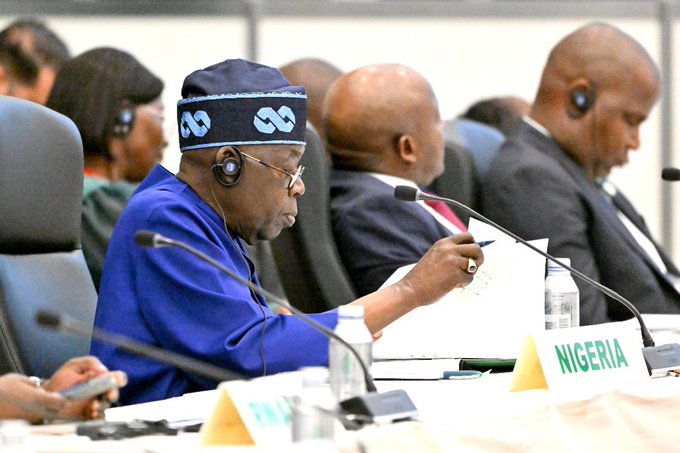The Federal Government has formally published Nigeria’s new tax reform laws in the official gazette, signalling a historic overhaul of the country’s fiscal framework.
The reforms, signed into law by President Bola Ahmed Tinubu on 26 June 2025, introduce a modernised structure for taxation, administration, and revenue collection, in line with the Renewed Hope Agenda.
The four legislations enacted are:
- Nigeria Tax Act (NTA), 2025
- Nigeria Tax Administration Act (NTAA), 2025
- Nigeria Revenue Service (Establishment) Act (NRSEA), 2025
- Joint Revenue Board (Establishment) Act (JRBEA), 2025
Key Provisions
- Small businesses with turnover under ₦100m and assets below ₦250m will be exempted from corporate tax.
- Corporate tax for large firms may be reduced from 30% to 25% at the President’s discretion.
- Top-up tax thresholds have been introduced: ₦50bn for local firms and €750m for multinationals.
- A 5% annual tax credit will be available for eligible priority-sector projects.
- Companies conducting transactions in foreign currency may now pay taxes in naira at official exchange rates.
Implementation Timeline
The NTA and NTAA will take effect from 1 January 2026.
The NRSEA and JRBEA are effective from 26 June 2025.The Presidency described the reforms as a major step towards simplifying Nigeria’s tax system, easing the burden on small businesses, attracting investment, and strengthening fiscal stability.
“These reforms are designed to reduce dependence on oil revenues and create a more competitive economy where innovation and enterprise can thrive,” said Kamorudeen Yusuf, Personal Assistant on Special Duties to the President.



